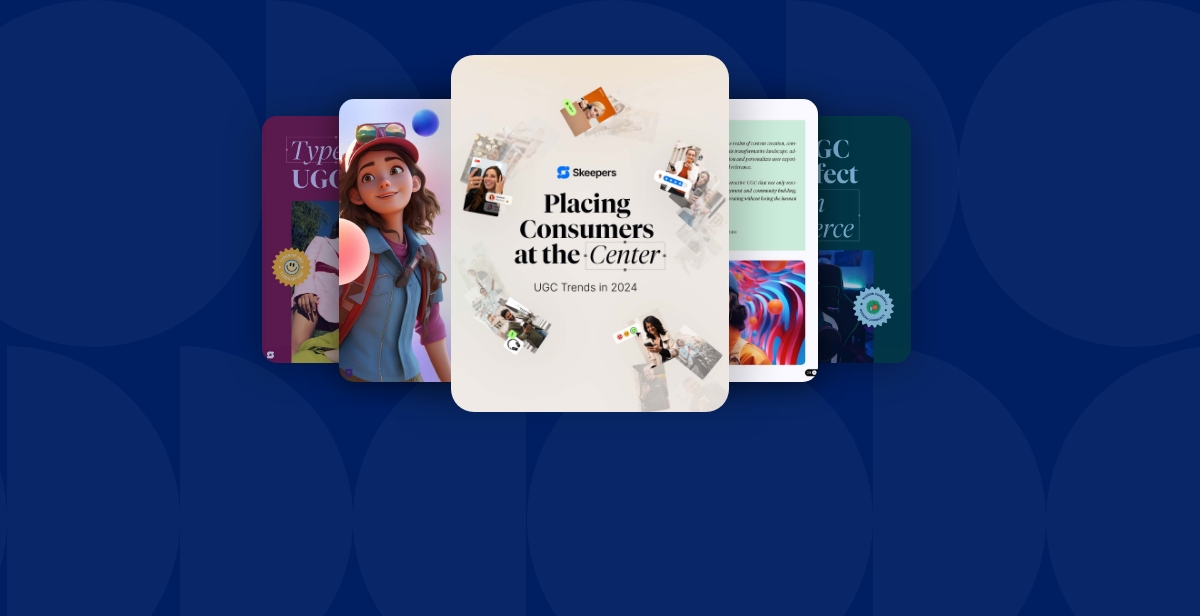When customers are emotionally connected to a brand, they are twice as likely to purchase a product or service, and are four-times as likely to spread positive word-of-mouth about their purchase experience. And customer relationship management (CRM) is one of the most effective technologies businesses of all sizes use to organize, automate, and synchronize every...
When customers are emotionally connected to a brand, they are twice as likely to purchase a product or service, and are four-times as likely to spread positive word-of-mouth about their purchase experience. And customer relationship management (CRM) is one of the most effective technologies businesses of all sizes use to organize, automate, and synchronize every facet of customer interaction, including marketing, sales, customer service, and support. In other words, CRM ensures that customers are receiving the type of experience that will sustain their long-term emotional investment.
Businesses are increasingly hiring CRM managers to oversee such technology; in fact, CRM management is now considered one of the top three jobs in online marketing. CRM managers typically:
- Identify problems in the customer relationship cycle that impact customer satisfaction and loyalty.
- Look for CRM data solutions to these problems, solutions which lead to clear competitive advantage and financial rewards (rewards, which, it should be mentioned, generally outweigh any initial CRM implementation costs).
- Realign a company’s priorities, training employees to shift their focus from product to individual customer needs.
The CRM manager is also responsible for selecting software which will bring the most benefit to the company, not always an easy task as numerous CRM systems are available in the marketplace, with each developer adding unique features and capabilities to their software. But, regardless of which CRM software a manager chooses, most would agree that, at minimum, it must capture essential customer information, ensure effective follow-up, and be easy enough to use that employees will see it as an asset and actually use it.
CRM managers understand the most effective software enables their businesses to leverage customer information in order to achieve the following:
1/ Increased efficiency
On the one hand, CRM software makes it easier to purge generic, incomplete, or irrelevant customer data – a common sales pipeline disrupter for 8 out of 10 businesses – ensuring that each data point in the CRM is useful. On the other hand, it ensure that customer information is complete, making it easier to access demographic and purchase history information to provide a more personalized, relevant customer experience.
It’s also worth noting that most businesses accumulate duplicate data as a result of not using a centralized database. With different employees storing data in several different places, they are likely creating duplicates or creating files which, although not identical, still include much of the same customer data. This leads to problems like sending multiple discounts to the same customer or making multiple sales calls to the same contact, causing a business to look incompetent, giving customers a good reason to defect. In fact, Price Waterhouse Coopers cites duplicate data as one of the biggest hidden costs for many businesses.
2/ Improved customer relations
Having a 360-degree view of each customer is crucial for business success. A single view of the customer improves a business’s understanding of its customers’ changing needs, increasing its ability to provide more relevant, personalized support. Businesses unable to develop a clear, 360-degree view of their customers – and share that information across departments – are at a disadvantage, missing out on data-driven insights which would no doubt lead to improved customer service and revenue.
CRM software with smart survey capabilities are especially useful as customers are able to provide real-time feedback related to specific points in the customer journey, making it easier to identify what their needs will be in the future. Surveys provide a proactive means by which a company can engage its customers. They can lead to a 68% increase in customer communication, 65% increase in customer support efficiency, and 56% increase in a company’s predictive capabilities. There’s no question: CRM, especially those with smart survey functionality, enables businesses to deliver a superior experience.
3/ Ability to convert more leads
CRM has helped businesses improve lead conversion rates by up to 300%. This is made possible by the fact that the software easily segments customers by their individual tastes, needs, and buying habits. This, in turn, makes it possible to target customers with marketing messages and offers created just for them. And the right message at the right time has been shown to improve conversion rates considerably.
Take email segmentation, for example. 39% of email marketers who segment their email lists, see better than average open rates, with 28% claiming improved email deliverability and increased revenue. Email conversion rate optimization without segmentation is less effective, likely to lead to generic bulk email blasts. Optimizing communication based on each customer’s unique profile can have a huge impact on a business’s overall conversion rates.
CRM management is, unquestionably, a complex undertaking that is critical to a business’s success. But skilled managers understand that the goal is to support and promote an optimized sales, marketing, and customer service process, which means, first, analyzing the specific needs of their business and, second, selecting a CRM software which best addresses those needs. With some forethought, planning, and knowledge of how to get the most from a CRM, they know how to help their businesses soon realize the benefits of CRM success.








